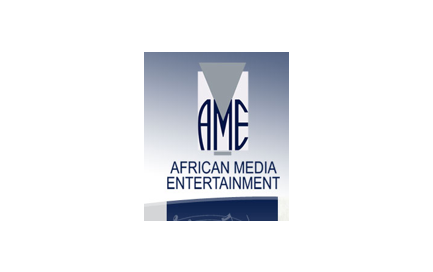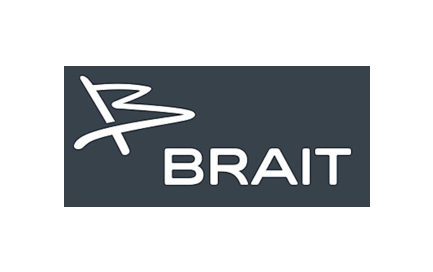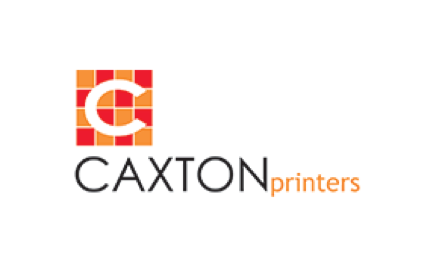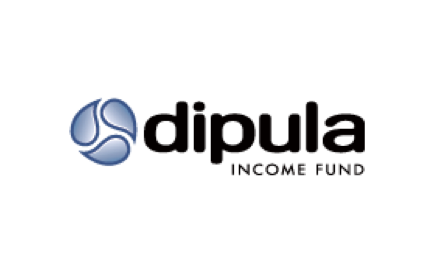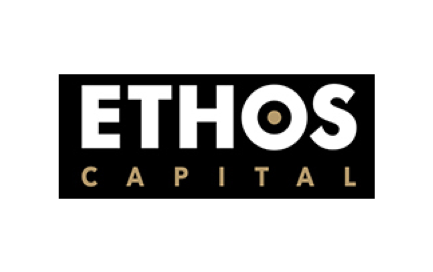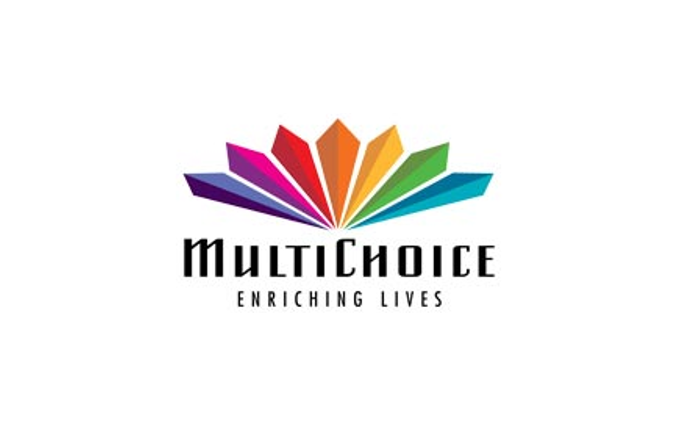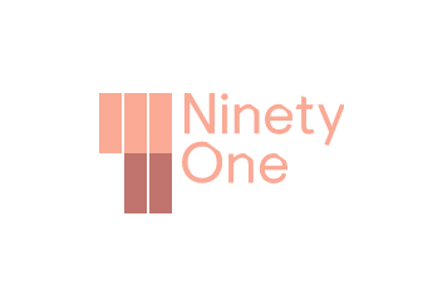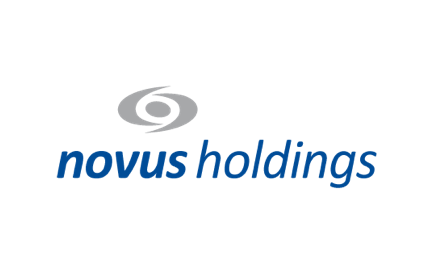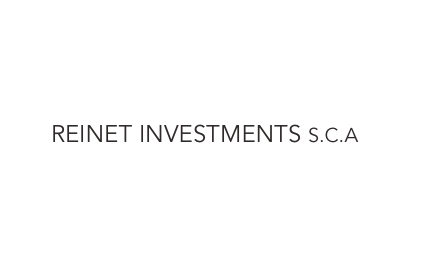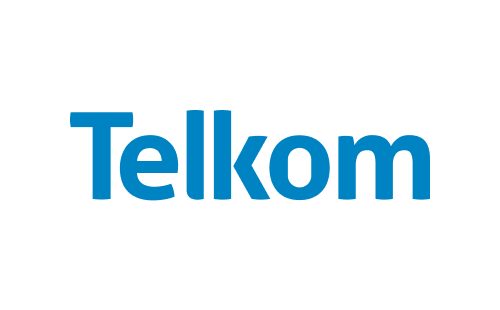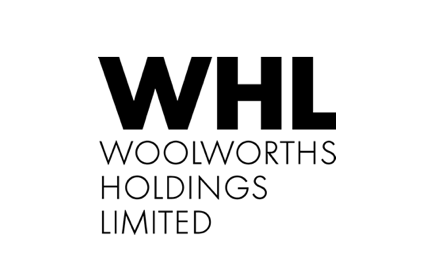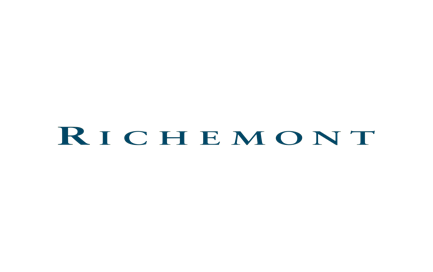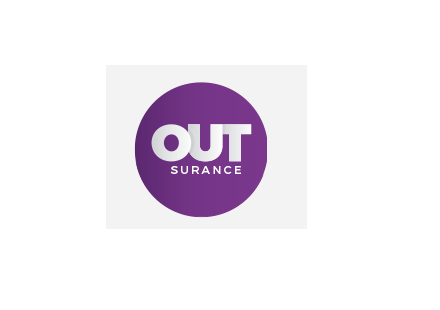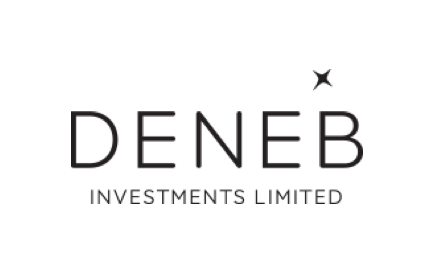Listen to the latest episode of Ghost Wrap here, brought to you by Mazars:
African Media Entertainment’s recovery continues (JSE: AME)
This isn’t a great environment for advertising, but at least events are back
It seems counterintuitive, considering we were all stuck at home over that period, but the worst of the pandemic was actually really tough for the radio industry. Live events are a big part of their revenue streams and obviously those didn’t happen during COVID. Although we are clearly in an environment where advertising budgets are stretched, outside broadcasts and events are possible once more and the benefit seems to be coming through in the numbers.
That’s my theory at least, as African Media Entertainment’s trading statement is very light on narrative. What we do know at this stage is that HEPS for the six months to September 2023 will be between 30.8% and 44.2% higher, coming in at between 195 cents and 215 cents.
There is very little liquidity in the stock, with a current bid-offer spread of R30.11 to R37.99!
Brait’s NAV per share drops further (JSE: BAT)
And Virgin Active is still carried at a very ambitious valuation within that NAV
In Brait’s earnings announcement for the six months to September 2023, we find that net asset value (NAV) per share has dropped from 840 cents at the end of September 2022 to 706 cents at March 2023 and then 684 cents at September 2023. Those aren’t the gains that the personal trainers at Virgin Active are pushing for.
Speaking of Virgin Active, that business is 65% of Brait’s assets. Membership sales generally seem to be good, except for in South Africa where affordability issues are impacting growth. I still find it absolutely ridiculous that Brait values Virgin Active on a two-year forward EBITDA multiple of 9x. The peer group is valued at 8.4x and even that seems insane to me. The Brait share price of just R2.28 (a huge discount to NAV) suggests that I’m not the only one who feels this way.
Premier is 24% of Brait’s assets and is separately listed now. That business has performed very well in difficult conditions.
New Look is 7% of Brait’s assets and the troubles in this UK fashion retail business seem to be back. Revenue fell 11.3% and EBITDA tanked by 28.4%.
Of the R3.6 billion in proceeds from the Premier listing, R2.1 billion was used to settle debt and R756 million was invested into Virgin Active as Brait followed its rights to fund growth initiatives.
Caxton is lining up a take-private of Cognition (JSE: CGN | JSE: CAT)
2024 might be the end of Cognition’s JSE listing
Cognition has “commenced formal discussions” with holding company Caxton and CTP Publishers and Printers regarding a take-private of the company. It makes sense, as there’s really no benefit to the ongoing separate listing of Cognition.
The last price that Caxton paid for Cognition shares was 99 cents, so an offer wouldn’t be below this level. As Caxton is really the only buyer in town for Cognition, I also wouldn’t bank on a huge premium to that price.
Cognition has also made it clear that an offer is unlikely to be received before interim results are released in February 2024.
The current share price is R1.05.
At Dipula, don’t look at the per-share numbers this period (JSE: DIB)
The significant change to the share structure has skewed the results
Right at the end of the 2022 financial year, Dipula implemented the scheme of arrangement that saw B shares issued in exchange for A shares. This means that there are now far more B shares in issue than before, so the earnings and dividend per share have fallen sharply as a result.
This can’t be blamed entirely on having more shares in issue, as the underlying business is under pressure. Revenue only increased by 3% and distributable earnings fell by 6.9%. It didn’t help matters that the average interest rate moved from 8.4% to 9.2%.
The group net asset value increased by 2.1%, so this definitely didn’t work well as an inflation hedge in this period. Having 17% of the portfolio in office properties doesn’t do anyone any favours at the moment.
Ethos gives more details on the drop in NAV (JSE: EPE)
The listed portfolio had a tough time this quarter
Ethos Capital Partners experienced a decrease of 4.3% in net asset value (NAV) per share in the quarter ended September. The unlisted portfolio returned 1.5% in that period, so the pressure was in the listed portfolio (Brait and MTN Zakhele Futhi).
As announced a few days ago, the fund is not making any new investments and is now focused on managing the existing portfolio.
MultiChoice would love load shedding to go away (JSE: MCG)
It’s hard to justify a subscription when the TV doesn’t work
In the six months to September, MultiChoice experienced a 2% decrease in the 90-day active subscriber base. Load shedding was a huge problem here, as Rest of Africa actually achieved 1% subscriber growth. The pressure was therefore in South Africa, with total customer numbers down by 5%. They previously had some kind of campaign that brought non-paying subscribers in the base. These subscribers were terminated, so the drop in revenue-generating customers was only 2%.
As a silver lining, the premium subscriber base grew by 5%, the first signs of life in that base for many years.
Although group revenue was only up 4%, pre-forex trading profit grew by 10% and that’s after the impact of significant investment in Showmax. The core business is showing promise, but the forex challenges in Africa continue to ruin the story. Net of those adjustments, trading profit fell 18%. Group headline earnings fell by 5%.
The most significant decline in this period was in free cash flow, which dropped by 40% because of difficulties in the South African business and the investment in Showmax.
As a final comment, Showmax is showing the typical growing pains that we’ve seen in streaming businesses across the world. Although revenue grew from R381 million to R555 million, the trading loss worsened from R279 million to R799 million. The economics in streaming are very difficult.
Note: if you would like to read the release in more detail, MultiChoice has placed the results in Ghost Mail at this link.
Ninety One needs a return to form for equity markets (JSE: N91 | JSE: NY1)
Asset management firms are exposed to broader market values as the basis for their income
For an asset manager like Ninety One to do really well, they need to enjoy a combination of net inflows of client funds and an increase in market prices that boost assets under management. Sadly, Ninety One had the exact opposite in this period, with a 5% drop in closing assets under management and net outflows of GBP 4.3 billion.
Headline earnings per share fell by 5% and the interim dividend per share was down 9%.
The staff shareholding at Ninety One is 29.4%, so that’s pretty solid alignment with insiders!
Novus printed many things in this period, including money (JSE: NVS)
Important financial metrics have moved in the right direction
Novus has released results for the six months to September 2023 and they reflect an increase in revenue of 36.8%. Before you get too excited, most of the revenue growth (R406 million of R544 million) relates to the inclusion of Maskew Miller Learning (MML) in the group results after that business was acquired.
Operating profit grew from R23.3 million to R168.6 million, with R100.2 million coming from MML.
In the Print segment, revenue increased by 19.6% and the business swung from an operating loss of R7.8 million to an operating profit of R34.9 million. Excluding the Department of Basic Education contract, volumes fell by 15.8% as magazines and retail inserts showed material declines. Interestingly, newspaper and book volumes increased vs. the prior period.
In Packaging, revenue dipped by 2.3% but gross margin improved from 16.3% to 19.2%, driving a 32.8% increase in operating profit to R38.6 million.
This puts into perspective just how important the MML deal is, as the operating profit in that business is significantly higher than the rest of the group combined.
The closing cash balance of R621.1 million was an increase of R228.8 million for the six months. The group is now in a net cash rather than net debt position, helped by the sale of the Linbro Park property. It also helped that the reduction in paper stock largely offset the seasonal investment in working capital.
Overall, the Print segment is the headache and the group is looking at ways to reduce costs. It is highly dependent on the level of retail advertising spend, which in turn is linked to the economy.
And in management news that I don’t think is a surprise to many, Andre van der Veen has been permanently appointed as CEO and Adrian Zetler has been appointed as Chairman.
Reinet’s net asset value fell 1.8% in the past six months (JSE: RNI)
There’s an inaugural dividend from Pension Insurance Corporation
Reinet Investments is the “stay rich” fund in the Rupert stable. It has supposedly defensive investments like British American Tobacco and Pension Insurance Corporation. Including dividends, the total return is a CAGR of 8.5% in euro terms since March 2009, so that has worked out decently for investors.
In the six months to September though, the net asset value (NAV) fell by 1.8%. NAV per share is up year-on-year though, from EUR 29.93 to EUR 30.89.
In addition to the dividend of EUR 65 million received from British American Tobacco during the period, a dividend of EUR 57 million was received from Pension Insurance Corporation. Additional commitments worth EUR 39 million in respect of new and existing investments were made during the period.
Telkom has achieved a significant increase in earnings (JSE: TKG)
I would definitely wait for full details before getting excited about this one
Telkom released a trading statement for the six months to September. Believe it or not, there’s some pretty good growth here!
There’s never a drama-free situation with Telkom, with this particular trading statement showing restated HEPS in the base period because of an accounting error in headline earnings that led to an overstatement by 4.3 cents per share. The correct base is therefore 131.6 cents. But however you cut it, a range of 186.1 cents to 199.4 cents for HEPS is strong growth of 40% to 50%.
Looking at the drivers of HEPS growth, both revenue and EBITDA improved. There was also lower depreciation (down 20%) after asset impairments in the prior year as well. Net finance charges have increased this year as one would expect, although an increase of 50% is still quite something to read even when you expected a big jump. Another factor that limited the increase in HEPS was R102 million in forex gains and fair value movements in the base period that didn’t recur in this one.
I’ll be very interested to unpack the drivers of this performance when results are released on 21 November.
Volumes have gone the wrong way at Woolworths (JSE: WHL)
Sales growth isn’t keeping up with inflation
Woolworths is an excellent example of an affluent business rather than a luxury business. Affluent customers feel the economic pinch in a big way. Although they can still afford a quality of life that is good by any standard, they cut back on the nice-to-haves in the basket. The Woolworths aisles are filled with nice-to-haves, as anyone who has walked those aisles on an empty stomach will know.
In a trading update for the 20 weeks to 12 November, turnover grew 4.7% in constant currency terms. What follows is a laundry list of all the things that make this environment difficult, along with a reminder that growth last year was 13.4% and thus Australia is quite a tough base.
Woolworths Food saw turnover sales grew by 8.4% at a time when product inflation was 9.4%. This means that volumes are negative, which is a very different tune to what Shoprite is singing at the moment. Checkers has disrupted their market and nobody is going to convince me otherwise. I can literally see it everywhere in my peer group. When you consider that space grew by 2.7% in this period, the numbers are even worse. At least online sales jumped by 46.2%, taking that contribution to 5% of South African sales.
Fashion Beauty and Home has been a great turnaround story, but this period was tough. The late arrival of summer ranges didn’t help, although Woolworths blames the ports for that. I’m pretty sure that competitors all use the same ports, so pointing to South African challenges to give context to poor performance only gets you so far. Turnover grew just 1.4% and price movement was 11.7%, so volumes were down by double digits. Net trading space fell by 0.2%. Online sales grew 23% and contributed 5.2% of local sales.
The Woolworths Financial Services book grew 10.7% year-on-year and the annualised impairment rate increased from 6.2% to 7.5%, reflecting a deteriorating credit environment.
In Australia, Country Road Group saw sales decline by 8.1%. Sales grew 36.2% in the base period, so this is a correction in trajectory after the post-COVID bonanza. Trading space increased 4.3% and online sales contributed 26% to total sales, which is roughly in line with the prior period.
Overall, I’m not surprised to see Woolworths Food struggling for volumes. The Fashion Beauty and Home result is a significant negative surprise that the market isn’t going to like.
Little Bites:
- Director dealings:
- Just when you thought Des de Beer is the only director that buys shares in Lighthouse Properties (JSE: LTE), a trust linked to director Mark Olivier bought shares worth R862.5k. It’s thoughtful of Des to let the others have a turn!
- A director of Richemont (JSE: CFR) has sold 22 share warrants related to Richemont shares.
- OUTsurance Group (JSE: OUT) is increasing its stake in OUTsurance Holdings Limited, the South African insurance group. This is happening through the issuance of listed shares to shareholders in the South African subsidiary who want to flip to the top of the listed structure. An issue of shares worth R3.3 million has been executed in a share swap, taking the OUTsurance Group stake in OUTsurance Holdings from 89.77% to 89.83%.
- Deneb Investments (JSE: DNB) has agreed to sell a property in Epping for R64.35 million to Gerber Advisory Specialists, part of the Gerber Goldschmidt Group. The net asset value of the property in Deneb’s books as at 31 March 2023 was R60.3 million, so this price will result in a gain. For context, Deneb’s market cap is R900 million.
- If you are interested in MTN (JSE: MTN), you can refer to the various materials from the MTN Nigeria capital markets day at this link.



